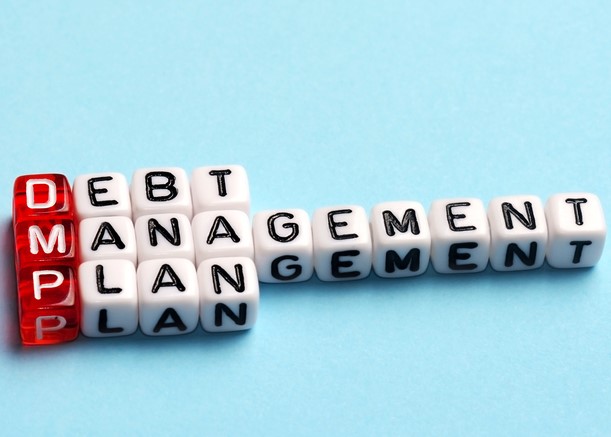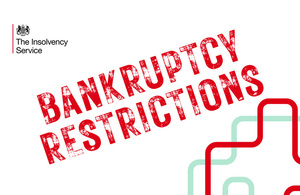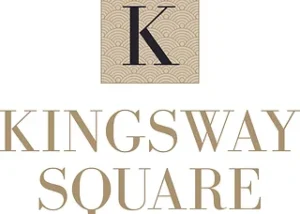Benefits of a CVA for directors and business owners

A company voluntary arrangement (CVA) offers many benefits if you have a profitable company that’s been devastated by the Covid-19 pandemic.
A CVA is a contract that allows an insolvent company to continue trading while repaying creditors over time. The procedure is great for a company that requires substantial debt to be excused so trade and cash flow can continue.
All of the company’s historic debts will reduce. The remainder can be paid over 3 to 5 years interest-free. Usually, the director will nominate an insolvency practitioner (IP) to put together a CVA proposal that:
- Offers creditors 50p to 70p out of every £1
- Suggests creditors receive disbursements via 60 consecutive monthly payments
- Recommends that any further debt be written-off as a form of debt forgiveness
The CVA will be approved if creditors who are owed at least 75% of the debt agree to the proposal. CVA offer several benefits, including restructuring opportunities.
Alternative procedure
If creditors are unhappy with the proposal, simply explain they’ll probably get nothing in the alternative insolvency procedure. There’s no guarantee creditors will receive a penny if the company is place into a creditors’ voluntary liquidation (CVL). At best they may receive 5p in the £1 or likely nothing at all.
In contrast, creditors who agree to a CVA proposal can expect to receive:
- A dividend
- Regular payments
- 50% to 70% of what they’re owed
A commercial operator who must choose between a CVA and a CVL will opt for the CVA because at least they’ll get something back.
Additionally, CVAs have multiple purposes. Consequently, some calculating directors use the procedure to constructively grow their business.
CVA for growth
For example, a calculating director may purchase supplies worth £1m on credit before engaging the services of an IP. If both parties are equally efficient, within 2 to 4 weeks they can develop a CVA proposal that:
- Offers to pay creditors 50%
- Suggests the remaining 50% (£500,000) be written-off
The director would’ve acquired £1m worth of goods for £500,000 if creditors approve the CVA. Moreover, he can pay for those goods in monthly instalments over 5 years.
It’s always best to seek advice from an independent expert when considering any formal insolvency procedure. They can help you devise a strategy and liaise with the IP on your behalf. Limit your contact with the IP to giving them your:
- Pre-agreed monthly contributions
- Annual financial disclosures
If the CVA proposal fails, the IP will probably become the liquidator who winds up your company. It’s quite possible that any information you previously disclosed to the IP could be used against you during the liquidation. As a result, you should be very careful what reveal to the IP, and never tell them everything.
What Is a Bankruptcy Restrictions Order (BRO)?
When you declare bankruptcy, you enter a 12-month period as an “active bankrupt,” during which you must adhere to a set of restrictions. If you…
Read MoreKingsway Square Limited (In Administration)
Did you purchase an off-plan property with Kingsway Square Limited (In Administration) which has not been developed – would you like your deposit returned? Are…
Read MoreGibraltar Financial Services Commission (GFSC) – Did they fail Loan Note Holders?
As a loan note holder, you may have placed your trust in regulatory bodies such as the Gibraltar Financial Services Commission (GFSC) to safeguard your…
Read MoreGibraltar Financial Services Commission (GFSC) – 100% Asleep at the Regulatory Wheel
Faith in Regulations Insolvency & Law (I&L) recently received confirmation from the Gibraltar Financial Services Commission (GFSC) that Castle Trust and Management Services Limited (CTMS)…
Read More


